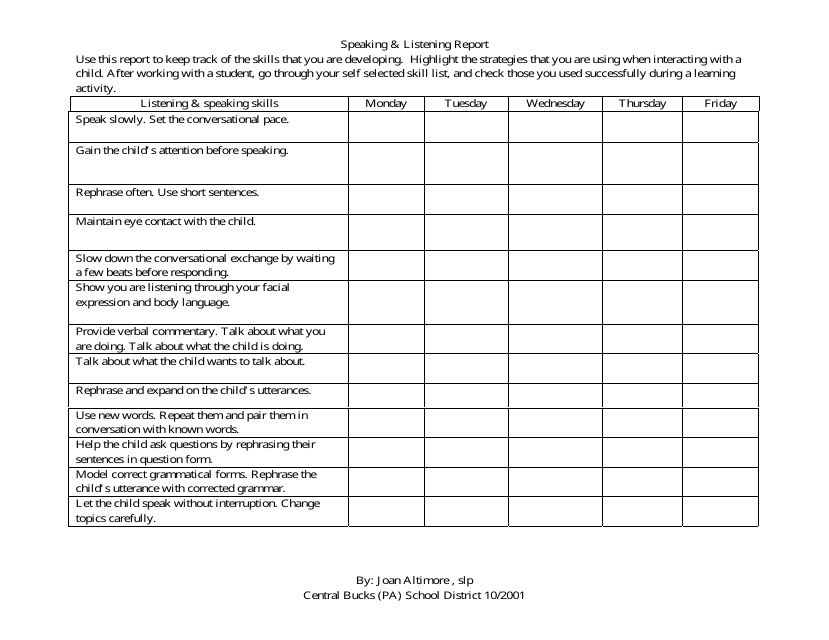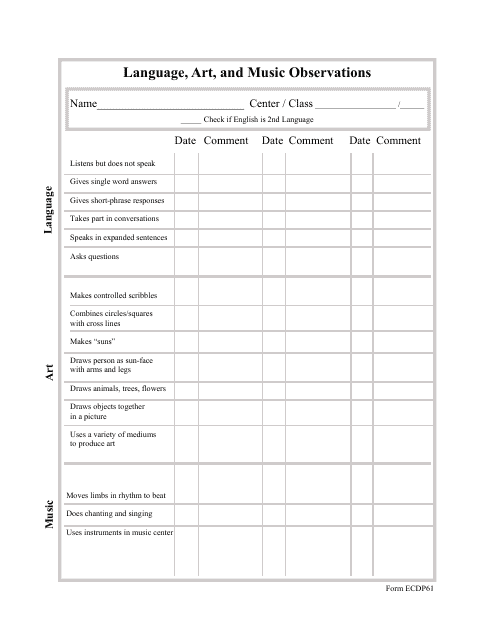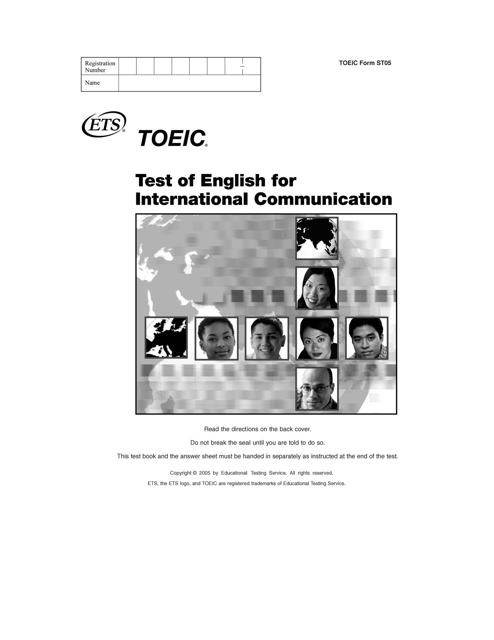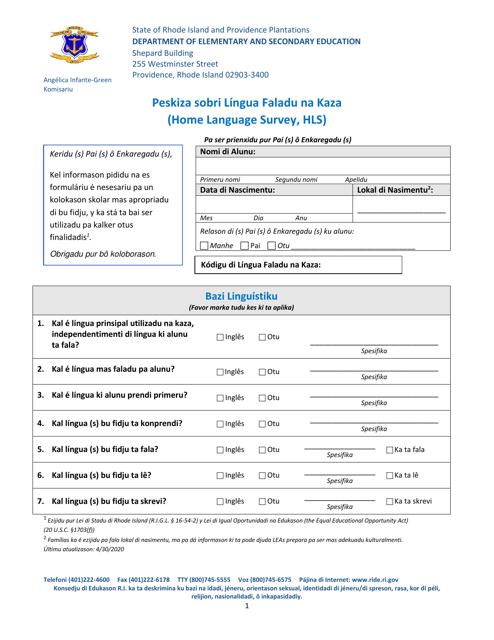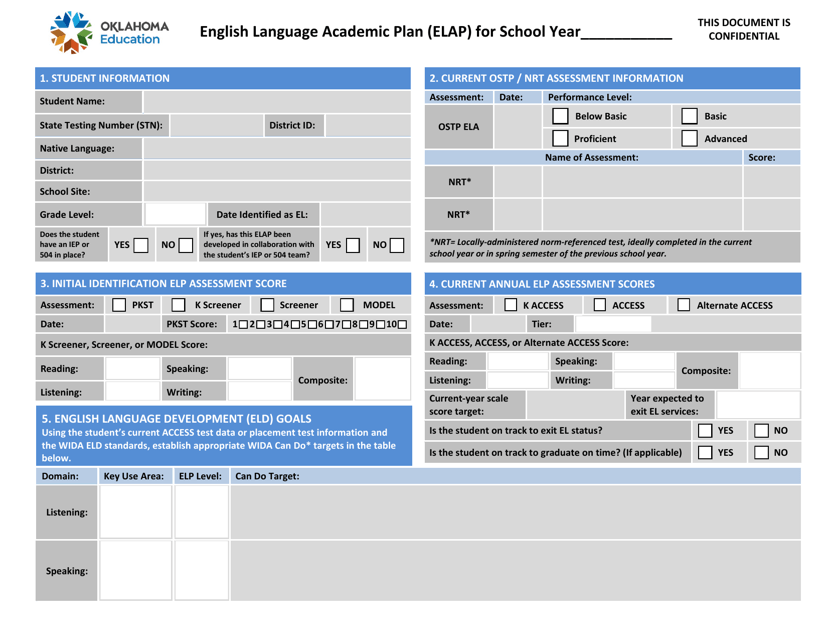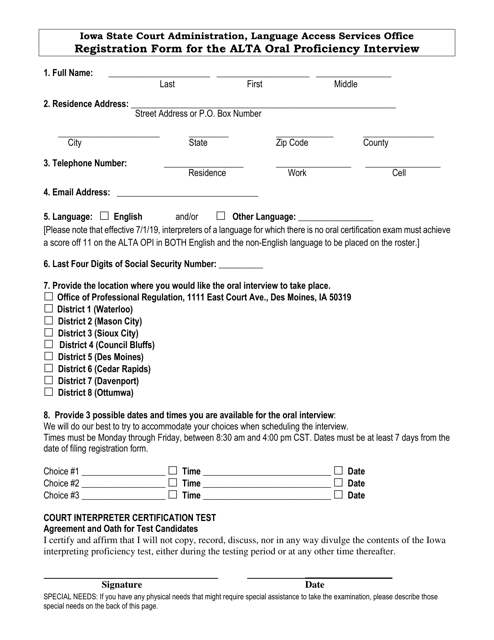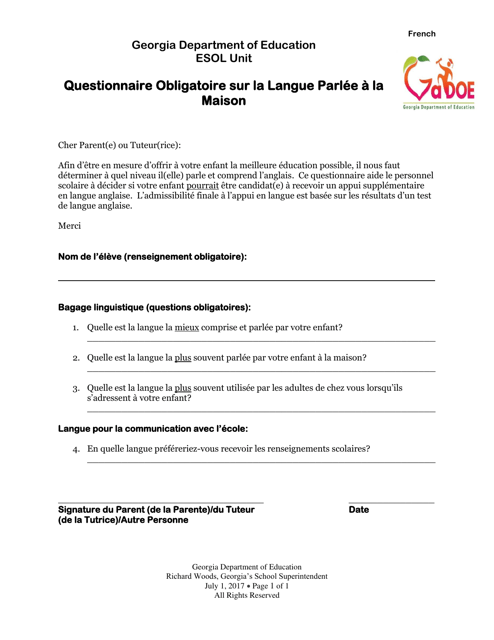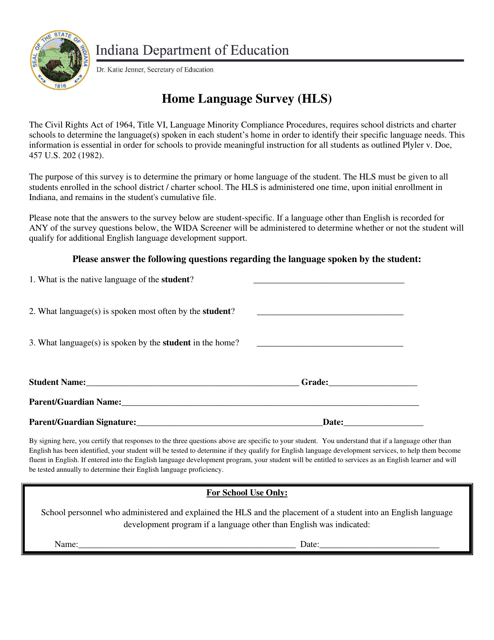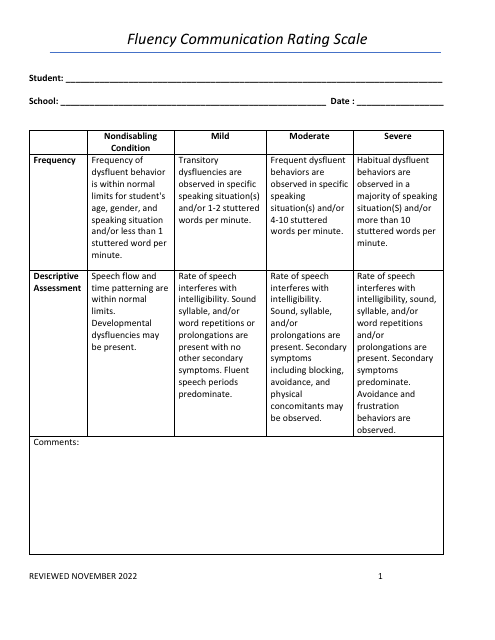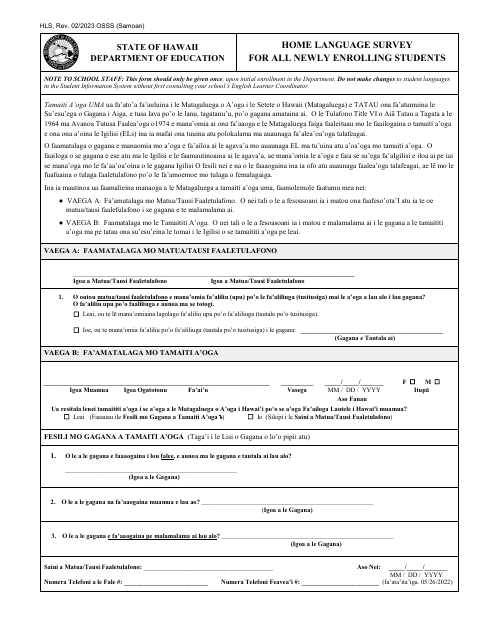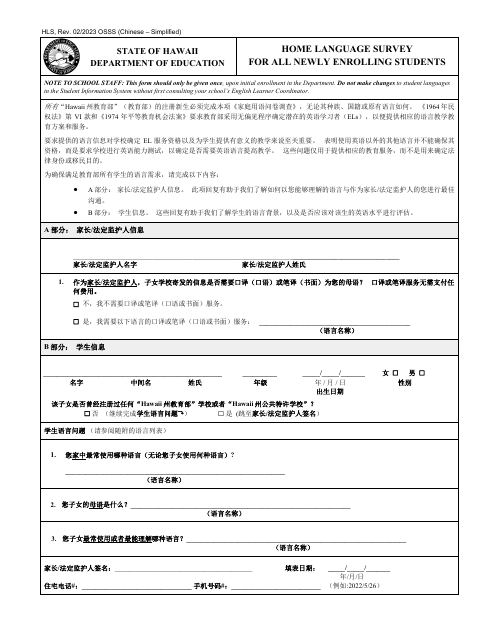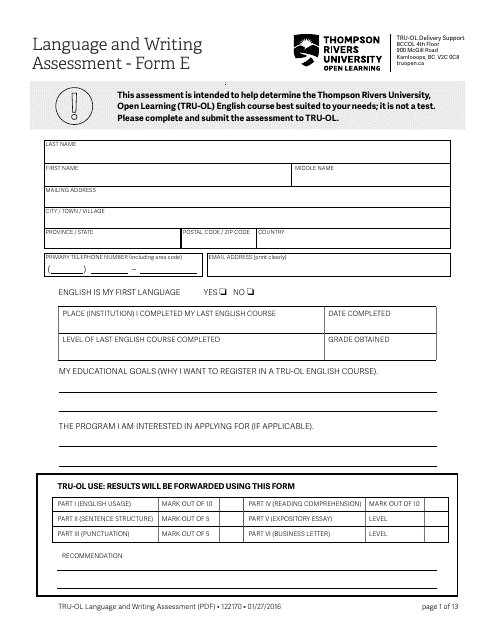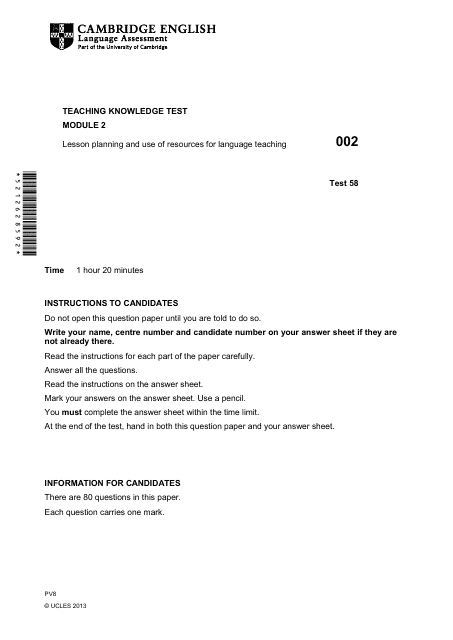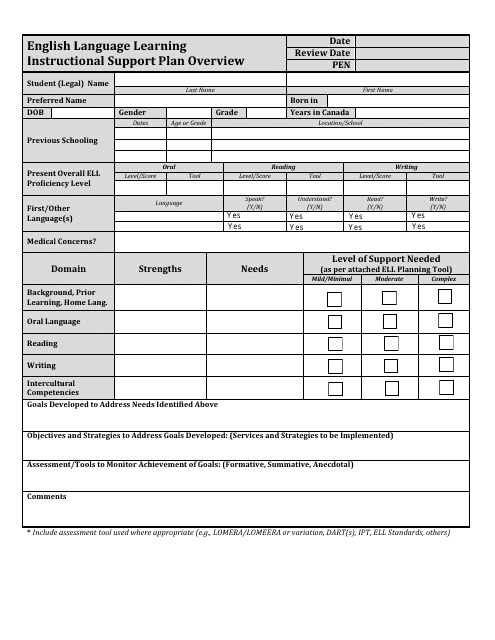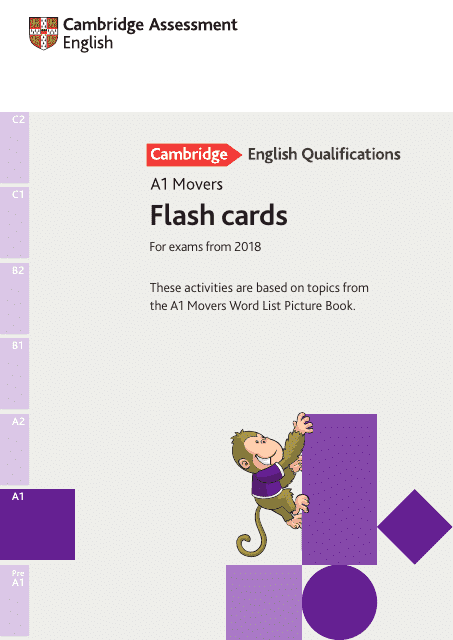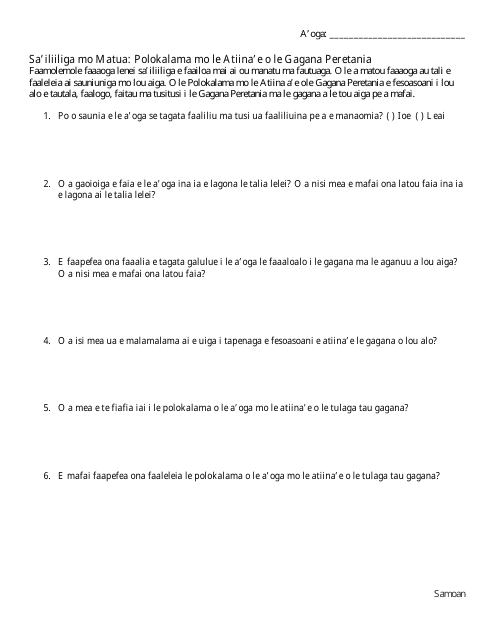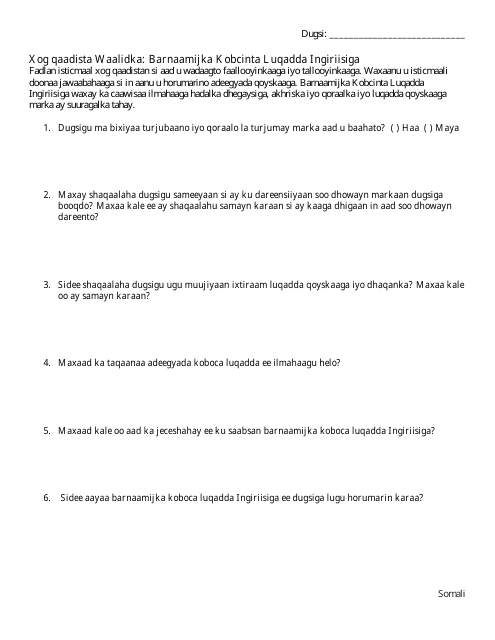Language Assessment Templates
Language Assessment
Language assessment plays a crucial role in evaluating and measuring individuals' language proficiency. It encompasses a range of evaluation techniques that assess one's ability to comprehend and communicate effectively in a specific language. Whether it is assessing the language skills of students, employees, or immigrants, language assessment is a fundamental tool in determining language competencies.
Effective language assessment enables educators, employers, and institutions to understand an individual's language strengths and weaknesses, thus allowing them to tailor education and training programs accordingly. This ensures that learners receive the appropriate support and resources needed to enhance their language skills.
Language assessment takes various forms, such as oral proficiency interviews, standardized tests, and language surveys. These assessments evaluate different aspects of language proficiency, including speaking, listening, reading, and writing abilities. By examining these language competencies, language assessment provides valuable insights into an individual's linguistic aptitude.
Language assessment is crucial for academic institutions, as it helps determine language placement, identify students' language learning needs, and track their progress throughout their academic journey. Employers also rely on language assessment to ensure that their employees possess the necessary language skills for effective communication in the workplace, especially in multinational and culturally diverse environments.
Language assessment is an evolving field that utilizes various assessment tools and methodologies to measure language proficiency accurately. Educators, language specialists, and researchers continually develop and validate assessment tools to align with the changing needs and standards of the language learning community.
Whether you are an educator, employer, or individual seeking to gauge your language proficiency, language assessment provides a comprehensive and reliable measurement of language abilities. By understanding one's language strengths and areas for improvement, individuals can embark on a more targeted language-learning journey, ultimately achieving their linguistic goals.
Documents:
17
This document is a report template used by the Central Bucks School District for assessing student speaking and listening skills.
This document is used for observing and analyzing the language, art, and music in a particular context or setting. It provides a template for recording observations and reflections on these three areas of study.
This document is a test form designed to measure English language proficiency for international communication purposes.
This document is a Home Language Survey (HLS) specific to Rhode Island residents who identify as Cape Verdean. The survey is used to determine the primary language spoken at home.
This form is used for registering for the Alta Oral Proficiency Interview (OPI) in Iowa. The Alta OPI is an assessment of an individual's speaking skills in a foreign language.
This form is used for collecting information about the home language preferences of individuals in Georgia, United States, specifically for those who speak French as their primary language at home.
This document is used to gather information about the primary language spoken at home in the state of Indiana.
This form is used for collecting information about the home language of all newly enrolling students in Hawaii, including English and Samoan.
This form is used for collecting information on the home language of newly enrolling students in Hawaii, specifically for students who speak English or Chinese Simplified.

